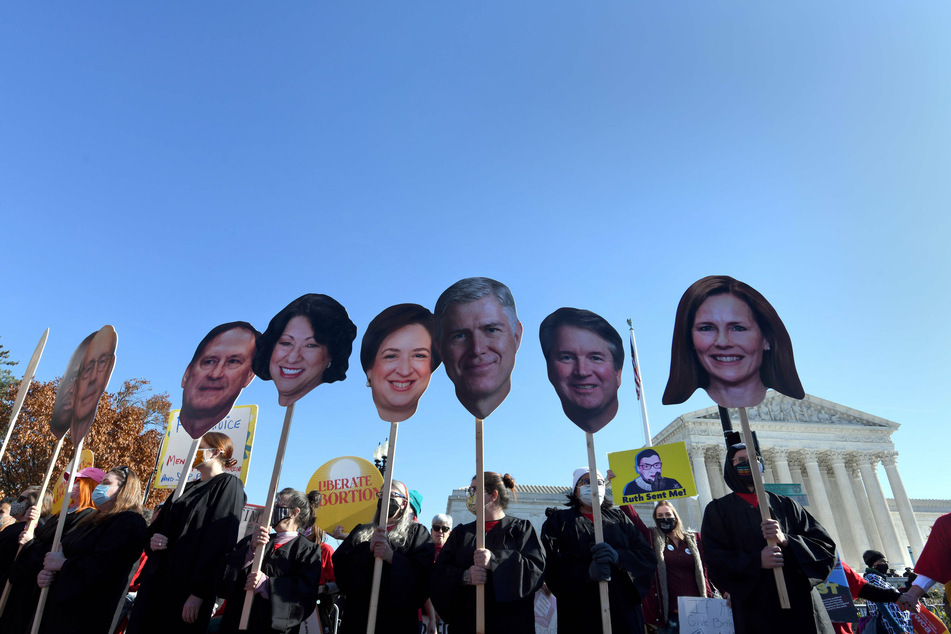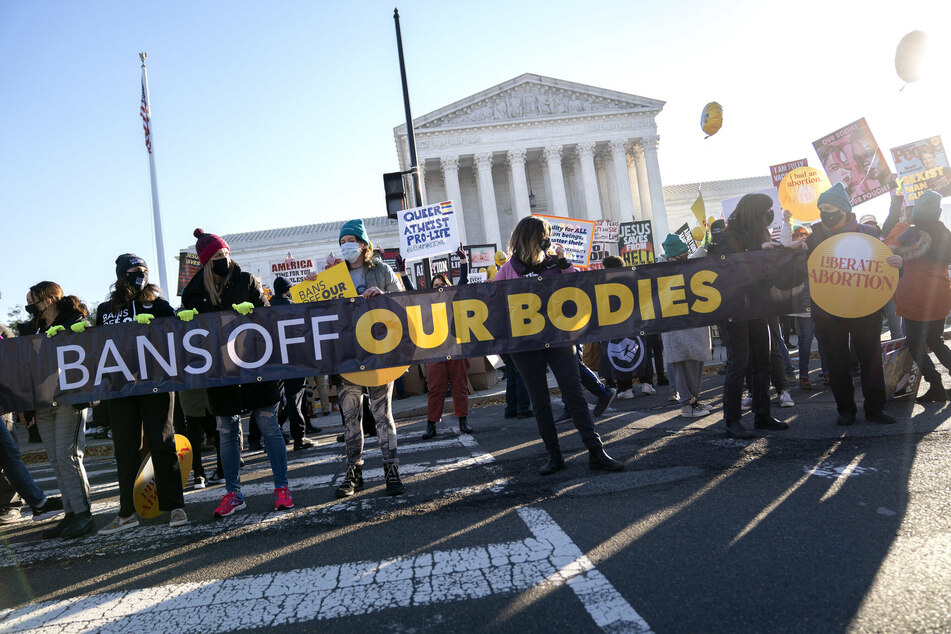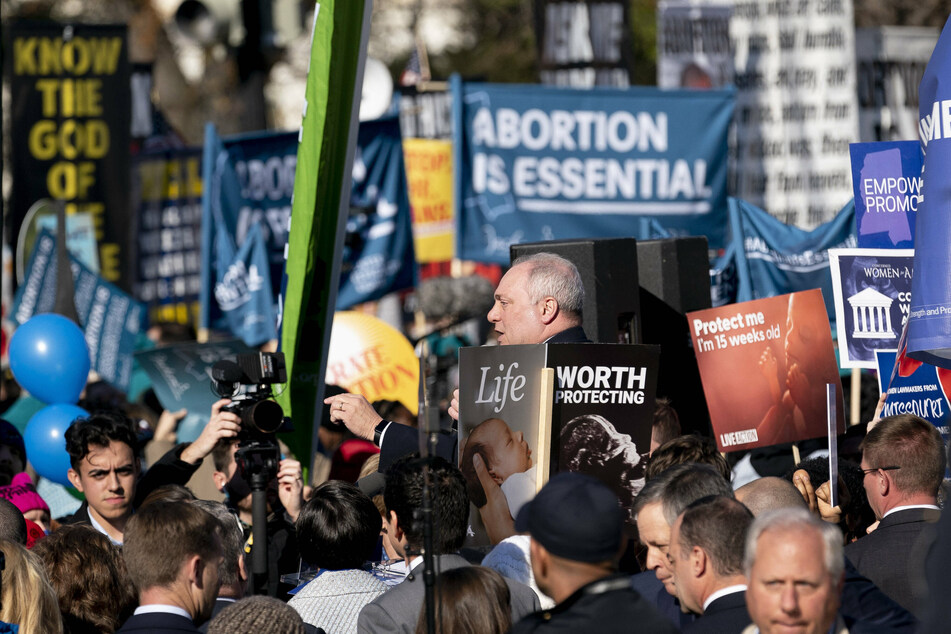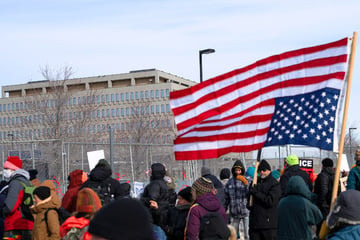Supreme Court justices sound ready to restrict the right to abortion
Washington DC - The Supreme Court’s conservatives sounded ready Wednesday to severely restrict a woman’s right to choose abortion and possibly overturn Roe v. Wade entirely.

The court now has six justices who are deeply skeptical of abortion rights. And during arguments about a Mississippi law banning abortions after 15 weeks of pregnancy, only Chief Justice John Roberts seemed interested in finding a narrow ruling.
The others – including Trump appointees Justices Brett Kavanaugh and Amy Coney Barrett, who some legal experts thought might join Roberts – sounded prepared to overturn the landmark 1973 Roe abortion ruling.
"The Constitution is neither pro-life nor pro-choice on abortion," Kavanaugh said, adding the court should not "pick sides on the most contentious social debate in American life."
Barrett said pregnant women who do not want to raise a young child can put the baby up for adoption. If so, she said, the lack of access to abortions should not have a great impact on their lives and careers.
Sotomayor warns of creating fatal "stench"

The three liberal justices said the court would be making a great mistake to overturn its past rulings, including Roe and the 1992 decision in Planned Parenthood v Casey, which reaffirmed the right to abortion up to 24 weeks of a pregnancy.
They said that the facts on the ground related to abortion in the US had not changed and that a reversal would be interpreted by Americans as a political move.
Justice Sonia Sotomayor warned that the court would not "survive the stench that this creates in the public perception." That plea was likely directed at Roberts, who as chief justice has long attempted to move incrementally and preserve the court’s reputation for independence.
But the argument held little sway over other conservatives. Kavanaugh asserted that some of the court’s greatest rulings had overturned past precedents, including the Brown v. Board of Education ruling in 1954, which overturned past rulings that upheld racial segregation.
Kavanaugh’s comments Wednesday differed starkly from those in his 2018 confirmation hearing, where he spoke of the importance of "settled" precedents like Roe.
Right to abortion on the line in half the country

The Mississippi case presents the greatest threat to abortion rights since 1973, largely because of the changed court.
Justices Clarence Thomas and Samuel Alito are determined foes of abortion rights, and they have been joined by Trump’s three appointees, Justices Neil Gorsuch, Kavanaugh, and Barrett.
If the five vote as a bloc, they could decide the Constitution says nothing about abortion and hold that the decision in Roe was a mistake.
Alternately, they could focus narrowly on Mississippi’s 15-week ban and attempt to shorten the time window set under Roe and Casey.
A ruling striking down Roe v. Wade would return the issue of abortion to the states and their legislatures. Most or all abortions would likely be outlawed in Republican-controlled states of the South and Midwest. But abortion would remain legal in Democratic strongholds, including California and New York.
On Friday morning, the justices will meet behind closed doors to cast their votes in the case of Dobbs v. Jackson Women’s Health Organization. Six signaled they are ready to uphold Mississippi’s law. But the real debate will be over how to explain that ruling and write the decision.
The chief justice seemed intent on setting a tighter time limit for abortions. He questioned the basis for the 24-week line and said pregnant women would have reasonable time to choose abortion if the limit were set at 15 weeks. A ruling on that issue could put off a decision on overturning the right to abortion entirely.
A final decision on the Mississippi case isn’t likely to be announced until next year.
Also still pending before the court is an abortion rights challenge to a Texas law that makes it illegal for doctors or clinics to terminate a pregnancy after six weeks. The state itself does not enforce the measure, known as Senate Bill 8.
Instead, it authorized private lawsuits against those who violate it. That threat has shut down most abortions in Texas.
In early September, the court by a 5-4 vote refused to block the Texas abortion ban, citing procedural complexities. The justices then heard arguments November 1 to decide whether federal judges could block Texas courts from enforcing SB 8. The delay in deciding, now extending for three months, has kept the Texas ban in place.
Cover photo: IMAGO / ZUMA Wire

